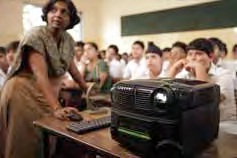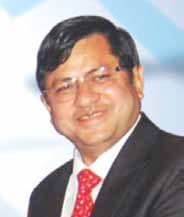 Vijay Gupta
Vijay Gupta
MD and CEO
Company Name
SoftTech Engineers Pvt Ltd
Management Team
Pawan Gupta, RR Dasgupta, Anand Deshmukh
Address
5A, The pentagon, Pune-Satara telephone exchange,Pune-411009
Telephone: +91 202-4217676
Email: elearning@softtech-engr.com
Website: elearning-softtech.com
Regional Office(s)
Surat, Banglore
Contact Person for Clarification
Anand Deshmukh, +91-202-4217676
Softech’s eLearning softwares have been successfully tested and installed in Government and Private engineering colleges, polytechnics and vocational training institutes throughout country
SoftTech Engineers Pvt Ltd has deployed E-Learning Software Solutions as teaching training, learning aids in various subjects of engineering with multimedia based tools as proprietary Software packages helping teachers, trainers, students, and employees of various colleges, institutes, and corporate in India and abroad.
Product and Services
SoftTech has developed multimedia based e-Learning resources with computer aided instructions in subjects of Electronics and Telecommunication, Instrumentation, Mechanical, Electrical, Civil, Food Engineering, Bio Medical Engineering” for Engineering / Polytechnic / ITI; Business Ethics and Management Skills for Corporate Training (To increase the efficiency and effectiveness of Employees) and B-schools; Energy Audit & Management for Energy Auditors; “Renewable Energy sources, Energy Conservation & Conversion System, Power Plant Engineering” for Energy Sectors, Computer Tutors (MS-Office, PC-Hardware maintenance-Networking, Tally) for Data Entry Operators, Industrial Applications in Energy Management, Non Destructive Testing, Nano Technology, Embedded System Design, Environment Health, and Safety, etc..
Target Vertical(s)
Engineering Colleges, ITIs, Polytechnics
Business Collaboration
With IBM and Microsoft
Achievements
SoftTech’s digital library for technical and vocational education is the India’s largest digital library by any private organisation. The company’s eLearning softwares have been successfully tested and installed in Government and Private engineering colleges, polytechnics and vocational training institutes throughout country.







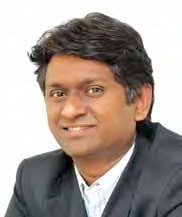 Govind Rammurthy
Govind Rammurthy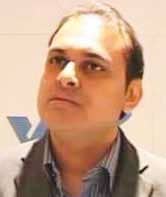 Milind Shah
Milind Shah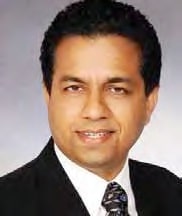 Manish Sharma
Manish Sharma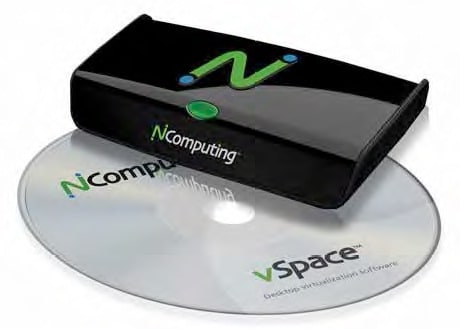

 Bosch Power Tools along with the National Institute of Design (NID), today, announced the launch of its socially relevant industrial design competition called “India Changers- Designers at work for a better India”, for students with an engineering, design or art background.
Bosch Power Tools along with the National Institute of Design (NID), today, announced the launch of its socially relevant industrial design competition called “India Changers- Designers at work for a better India”, for students with an engineering, design or art background.
 According to a conditional data of Higher Education Survey the Gross Enrollment Ratio (GER) stands at 18.8%. The data, , released by the ministry if HRD also reveals that there is a considerable difference between male and female GER with male GER at 20.9% and 16.5% for females.
According to a conditional data of Higher Education Survey the Gross Enrollment Ratio (GER) stands at 18.8%. The data, , released by the ministry if HRD also reveals that there is a considerable difference between male and female GER with male GER at 20.9% and 16.5% for females.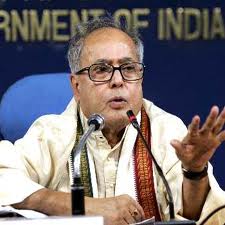
 President Pranab Mukherjee has asked vice chancellors and educationists to imbibe Nobel laureate poet and writer Rabindra Nath Tagore’s spirit of universalism and pluralism.
President Pranab Mukherjee has asked vice chancellors and educationists to imbibe Nobel laureate poet and writer Rabindra Nath Tagore’s spirit of universalism and pluralism. Ninad Vengurlekar
Ninad Vengurlekar